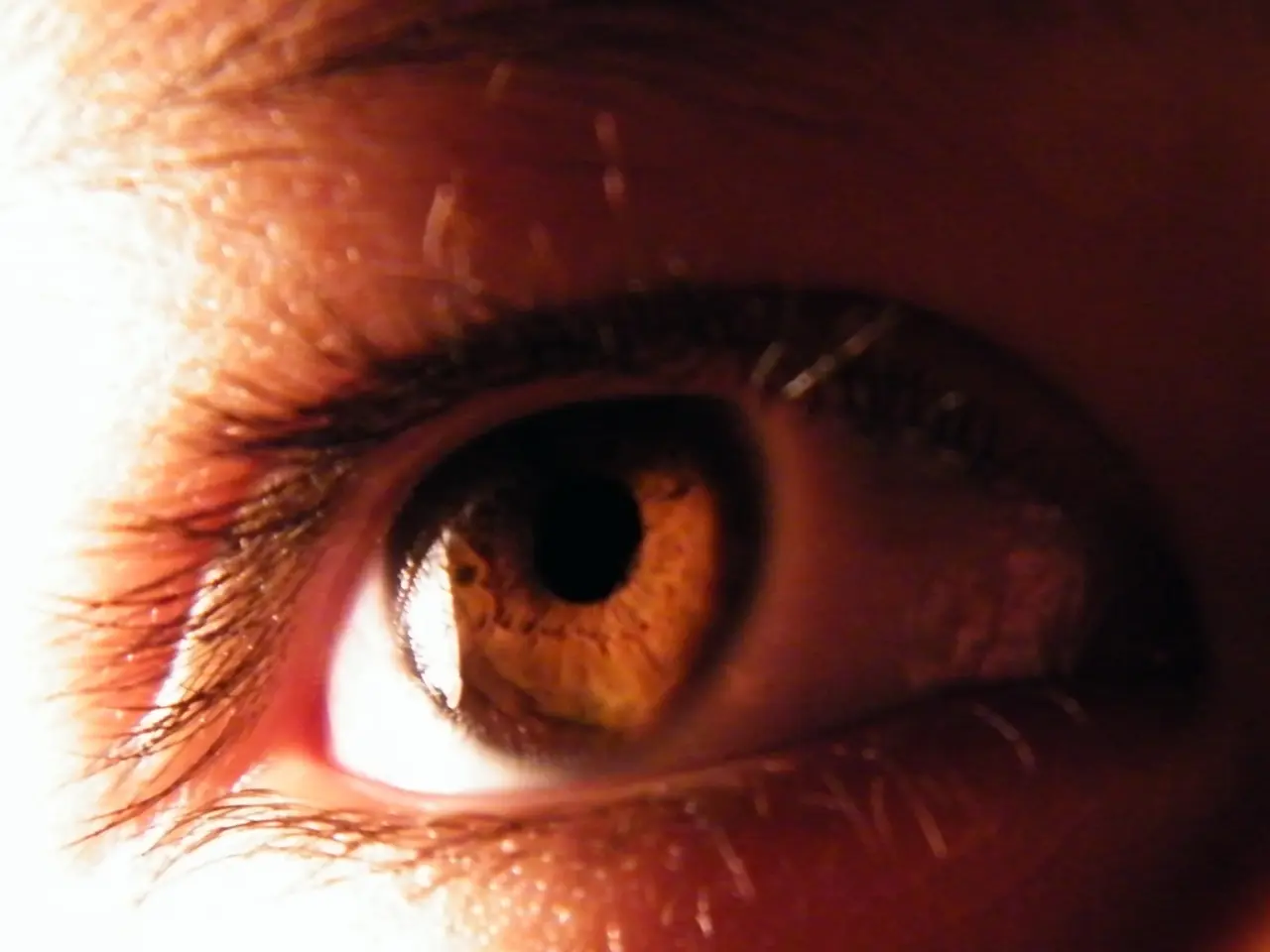Potential hazards in tanning: Skin specialist Engelgardt discusses the consequences
In a significant breakthrough for skincare, we now have systemic support for skin recovery that was previously unknown. These innovative approaches are finding increased use in skin recovery not only after dermatological procedures but also in addressing sun damage and promoting self-healing at the cellular level.
At the heart of these advancements are protein-peptide bioregulators, which have the unique ability to regulate key processes involved in tissue repair, inflammation reduction, and cellular regeneration.
One of the key mechanisms is actin regulation and cell movement. Certain peptides, such as Thymosin Beta-4 (Tβ4) and its fragments, regulate actin dynamics, essential for cell motility. This facilitates the efficient migration of skin cells to damaged areas, enabling remodelling and repair of tissue after sun damage or injury. Additionally, these peptides help stabilize the extracellular matrix (ECM), providing structural support for regenerating tissue.
Another crucial mechanism is collagen synthesis and skin healing. Naturally occurring peptides like GHK-Cu stimulate collagen production, which is crucial for restoring skin structural integrity after UV radiation damage. This peptide also promotes overall skin healing and exhibits anti-aging benefits by repairing cellular damage and improving ECM conditions.
Protein-peptide bioregulators also play a significant role in cellular renewal and metabolic regulation. They penetrate cell membranes and trigger complex regenerative cascades that rejuvenate cells, acting as information molecules that regulate metabolism and promote the renewal of cellular components necessary for skin healing.
Moreover, peptide bioregulators balance gene expression and cellular repair mechanisms while modulating immune responses, supporting balanced skin repair without excessive inflammation.
The synergistic effects of these bioregulators with nutrients, such as vitamins, minerals, and enzymes, can amplify their regenerative effects, ensuring that cells receive targeted nutrition and metabolic support to optimize tissue recovery and maintain healthy skin function.
These actions help accelerate wound healing, reduce inflammation, stimulate collagen and ECM restoration, and promote cellular regeneration in skin damaged by sun exposure, leading to improved skin recovery and enhanced self-healing capacity.
Protein-peptide bioregulators are low-molecular structures used to regulate tissue growth and renewal. They are finding increased use in medicine, rehabilitation, and skin recovery after excessive sun exposure. It's important to note that while sunscreen protects from the sun, it does not trigger regeneration processes.
As we enjoy the summer months, skin sensitivity may increase due to external factors. External care alone cannot ensure full skin recovery. Engelgardt emphasizes that a tan may fade, but the consequences of sun damage can stay with us for a long time.
Taking skin protection seriously early increases chances of preserving its health, elasticity, and ability to recover. Today, we have everything we need for skin protection, including proper sun protection. Chronic skin diseases may flare up in the summer and can benefit from these regenerative approaches.
In conclusion, the use of protein-peptide bioregulators represents a significant step forward in skincare, offering a promising solution for skin recovery and promoting a healthier, more resilient complexion.
In the realm of health-and-wellness and skin-care, protein-peptide bioregulators are making a significant impact. These bioregulators not only aid in skin recovery after sun damage, dermatological procedures, and skin injuries, but also promote self-healing at the cellular level by modulating immune responses and balancing gene expression (medical-conditions). Furthermore, they stimulate collagen production, which is essential for skin healing and exhibits anti-aging benefits (skin-care).




